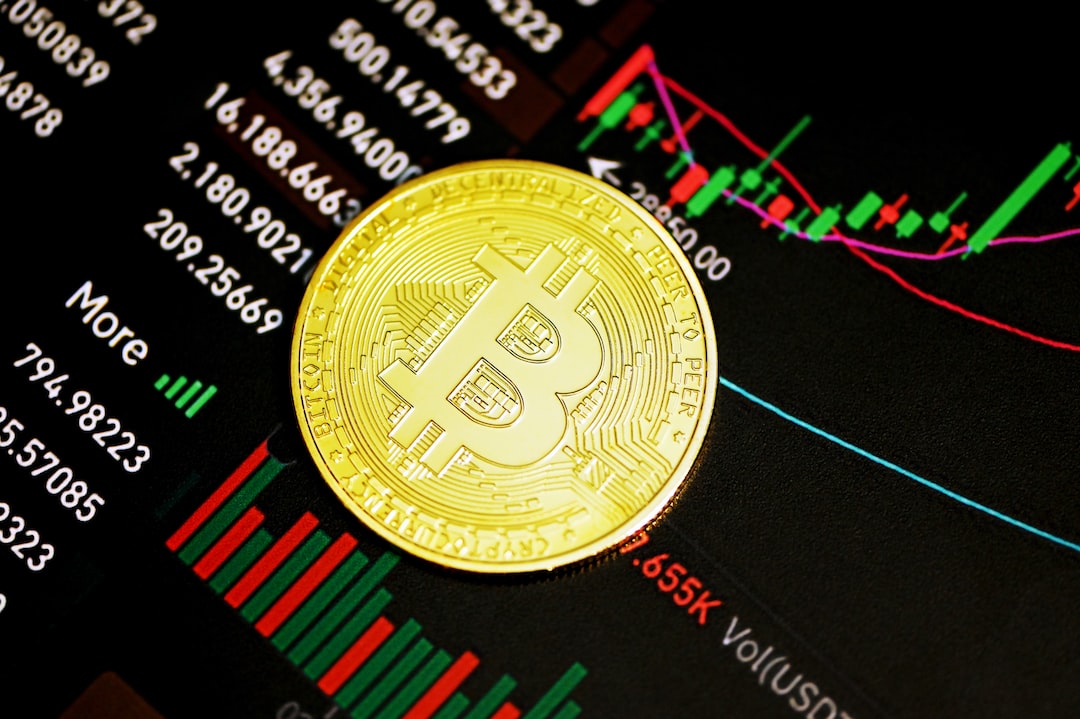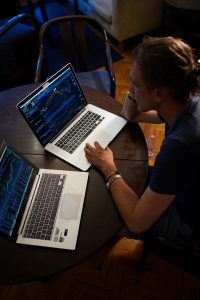Forex trading is the buying and selling of currencies with the aim of making a profit. It is one of the largest and most liquid financial markets in the world, with an average daily turnover of over $5 trillion. Forex trading can be a lucrative venture if done correctly, but it is also a high-risk activity that requires knowledge, skill, and discipline.
How a forex trade works
Forex trading involves the exchange of one currency for another at an agreed-upon price. For example, if you believe that the US dollar will appreciate against the euro, you can buy the USD/EUR currency pair. If the price of the USD/EUR increases, you can sell the currency pair and make a profit. Conversely, if the price of the USD/EUR decreases, you will incur a loss.
To make a forex trade, you need to open a trading account with a forex broker. The broker will provide you with access to a trading platform where you can buy and sell currencies. You will also need to deposit funds into your trading account to start trading.
When you open a trade, you will specify the currency pair you want to trade, the amount you want to trade, and the direction of your trade (buy or sell). The broker will then execute your trade at the current market rate, which is determined by supply and demand for the currency pair.
The forex market is open 24 hours a day, five days a week, which means you can trade currencies at any time. However, the market is most active during the overlap of trading sessions in Asia, Europe, and the US.
Factors that influence forex prices
The value of a currency is determined by a variety of factors, including economic and political conditions in the country, interest rates and inflation, and global events. These factors can cause currency prices to fluctuate rapidly, making forex trading a highly volatile market.
Traders use technical and fundamental analysis to identify potential trading opportunities. Technical analysis involves studying charts and price patterns to identify trends and support and resistance levels. Fundamental analysis involves analyzing economic data and news events to determine the underlying strength or weakness of a currency.
Forex traders can also use leverage to amplify their trading positions. Leverage allows traders to control a larger position than their trading account balance would allow. However, leverage also increases the risk of losses, as any losses incurred are also magnified.
Conclusion
Forex trading can be a profitable venture if done correctly, but it is a high-risk activity that requires knowledge, skill, and discipline. Traders need to understand how the forex market works, the factors that influence currency prices, and how to use trading strategies and tools to identify potential opportunities. With the right approach, forex trading can be a rewarding and exciting way to invest in the global financial markets.





